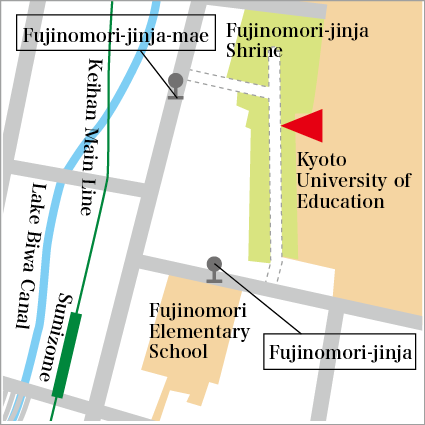Fujinomori Shrine Hall of Treasure
- Highlight
- Large armor (Important Cultural Property) dating back to Nanboku-cho period that would have been worn by a high-ranking noble
Prayers are offered here for victory in all sorts of contests
This is an ancient shrine founded even before the national capital was transferred to Heian Kyoto. The land’s ritual connection dates back to the legendary Empress Jingu (203), who supposedly built a tumulus here that she ritually filled with army standards and military gear. Later, Emperor Kanmu (737~806) designated the shrine as an archery administrative office. Moreover, the procession here of samurai warriors on the 5th of May each year is said to be the origin behind the custom of displaying samurai dolls during the period of the famed Boy’s Festival Tango-no-sekku. On the day of the procession, shrine rituals include military horsemanship, with daring horseback skills. These have led to the shrine being connected to luck in winning and the guardian deity of horses – thus, making the shrine very popular with horseracing fans, jockeys, trainers and owners.
The Hall of Treasure is home to a permanent collection of shrine treasure mainly cored around military equipment and weapons that numbers some 100 pieces, including large armor, swords and cannons. In addition, a special horse hall displays horse miniatures and memorabilia from regions across Japan and the globe.
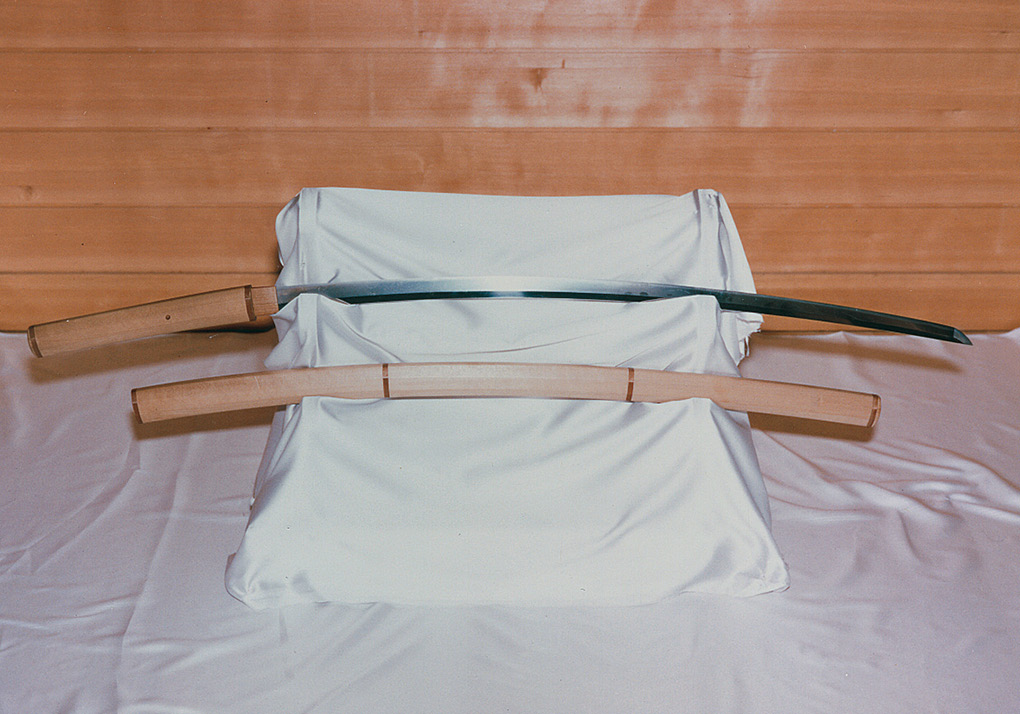
Treasured swords made by Kokaji Munechika Sanjo
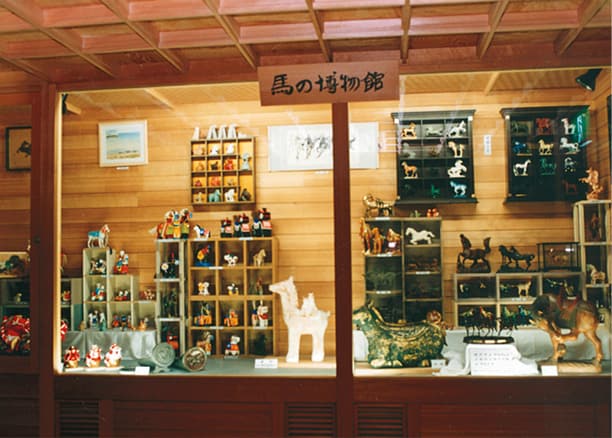
Horse museum
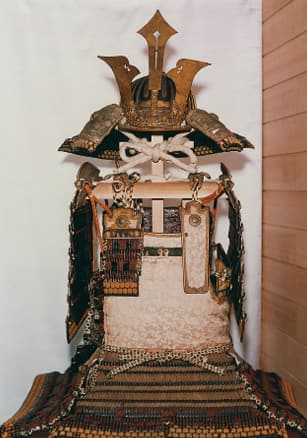
Purple suit of large amour
| Address | 609 Fukakusa Toriizaki-cho, Fushimi-ku |
|---|---|
| TEL | 075-641-1045 |
| FAX | 075-642-6231 |
| URL | https://www.fujinomorijinjya.or.jp/index.html |
| Hours | 9:00~17:00 (entry by 16:45) |
| Closed | 1/5~5/5 and during shrine events |
| Adm | Monetary offering (donation) |
| Access | A 7-min walk from Keihan Sumizome Stn/Very close to Fujinomori-jinja-mae Stop of City Bus |
| Parking | Available (Charged) |
Facilities near by
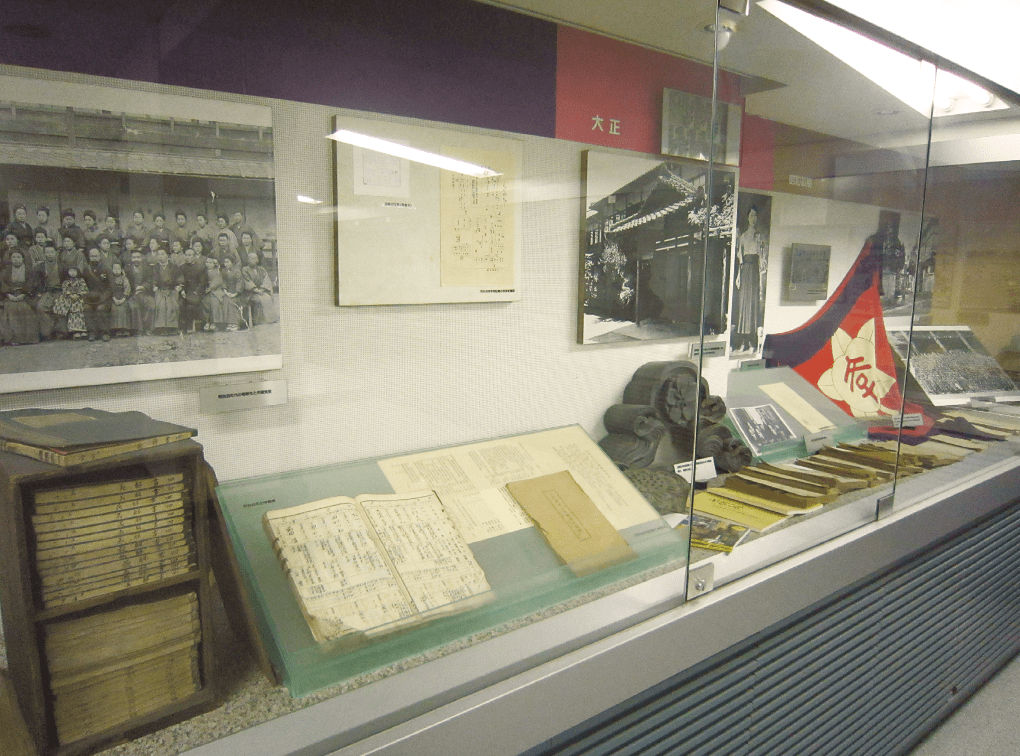
Kyoto Tachibana High School Museum
Introducing the school history and unearthed relics
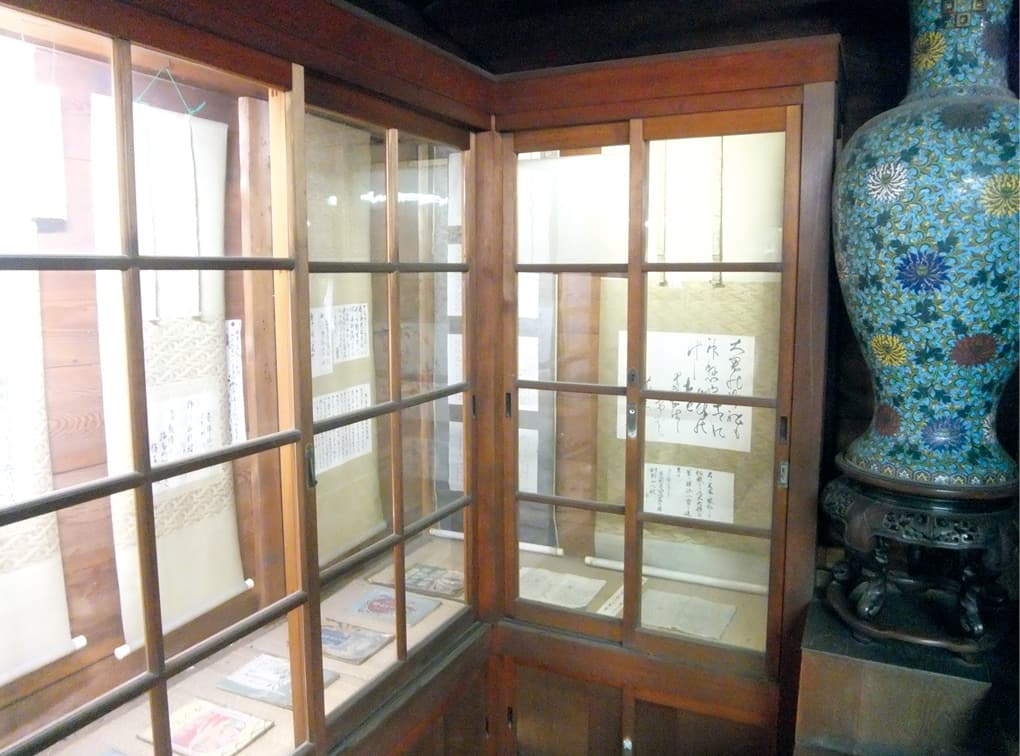
Nogi Shrine Museum
A museum to a nationally esteemed hero of the Russo-Japanese War
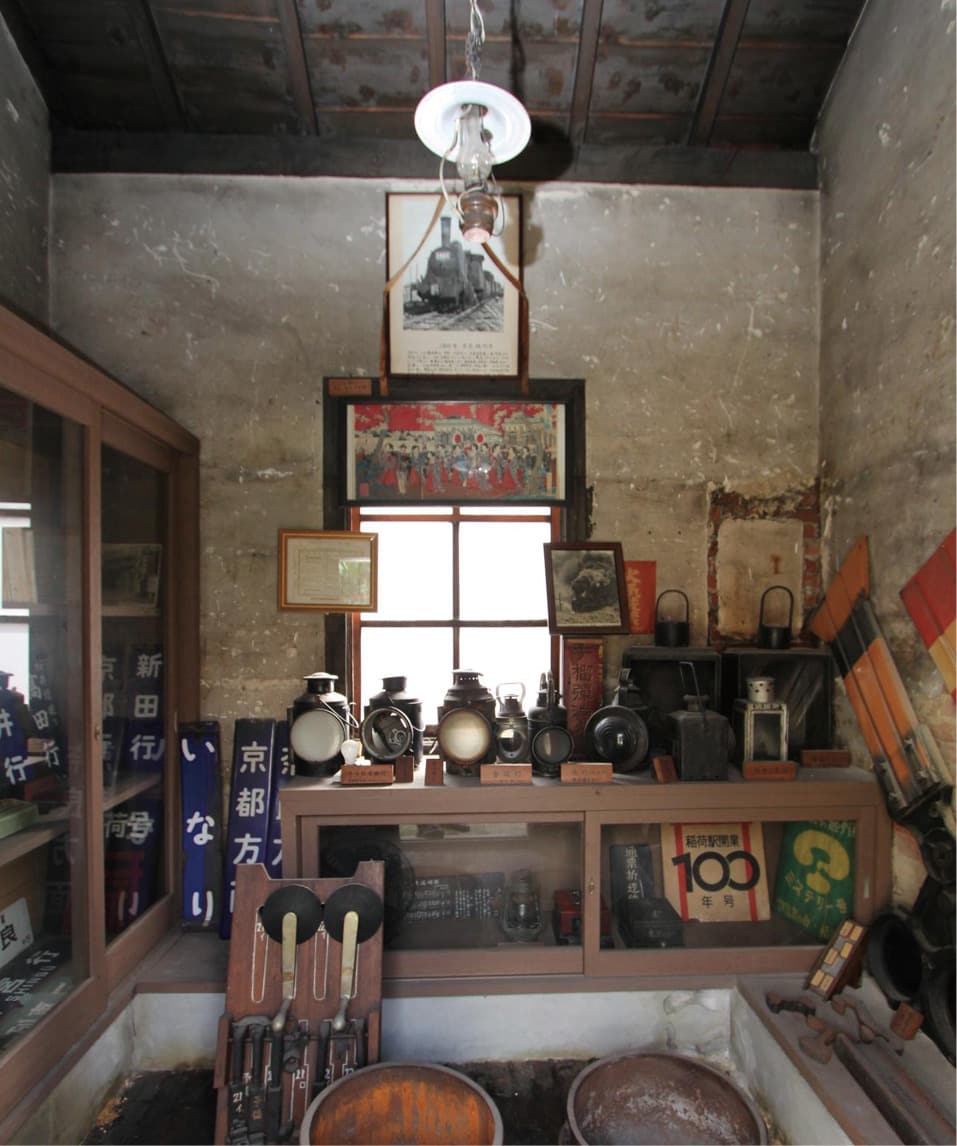
JR Inari Station Lamp Museum
One of the oldest remnants from the days of national rail

Kyoto City Southern Resources Recycle Center
